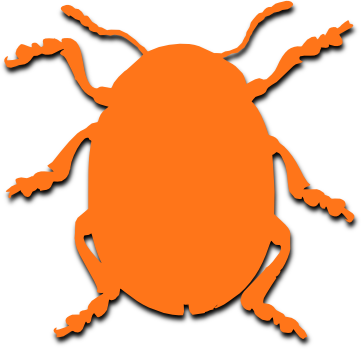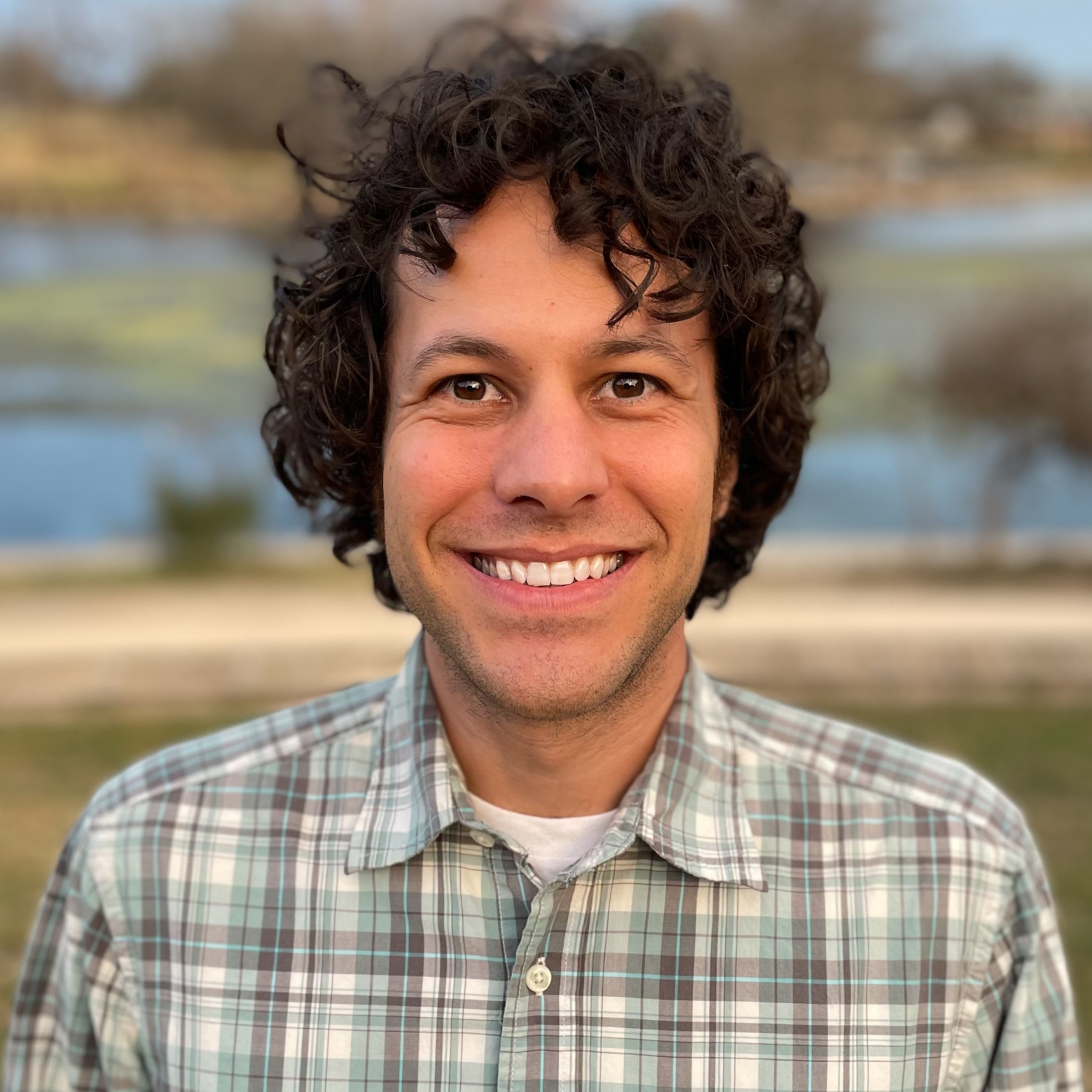GUILLAUME J. DURY
EVOLUTION—ENTOMOLOGY—WANDERLUST


I’m an evolutionary biologist interested in interactions. These include interactions between herbivores and their hosts, parents and their offspring, and organisms and their environment. In my research on these many interactions, I’ve used a combination of laboratory experiments, field experiments and theoretical modelling. I also really enjoy natural history and I keep it in mind to highlight interesting questions and inform my research. In terms of organisms, I am particularly drawn to plants and insects, in part because they’re both always present around us!
Explaining why certain lineages of organisms split into more species—or diversify—more than other lineages is one of biology’s key questions. In the tropics, where species are especially numerous and diverse, some genera contain many more species than others. One hypothesis to explain this is that hyper-diverse genera have innovative chemical defenses, which allowed their ancestors to escape predators (i.e., herbivores and pathogens) thereby becoming more successful than other plant genera. This success then allowed them to split into more species than closely related genera without the chemical defense innovations. As a Stengl-Wyer Postdoctoral Scholar & Provost’s Early Career Fellow at the University of Texas at Austin, I joined the laboratory group of Dr. Brian Sedio. With him I plan is to test the chemical defense innovation hypothesis by finding the genetic signatures of those key innovations in defensive chemistry and testing whether they do, in fact, accompany increased diversity.
I completed my Ph.D. at Indiana University Bloomington co-advised by Dr. Michael Wade and Dr. Jennifer Lau. I studied the evolutionary consequences of parental effects using a combination of systems: mouse cress, dung beetles, and population genetic modelling. Parents of many animal and plant species can tailor their offspring to specific environments, and I find that to be fascinating! Prior to my Ph.D., I completed an internship at the University of Azores, Ponta Delgada, Portugal. There I studied the reproductive and life history of two lady beetles of genus Scymnus. Then, I was a National Geographic Young Explorer in French Guiana to study maternal care in the leaf beetle Proseicela vittata.
I got a master’s degree at McGill University and the Smithsonian Tropical Research Institute, where my work combined molecular phylogenetics and natural history observations of leaf beetles (Coleoptera: Chrysomelidae: Chrysomelinae). In documenting the host plants of these specialized beetles, I found that the phylogeny of the herbivores did not match the phylogeny of their host plants. The lack of congruence between the phylogenies of leaf beetles and their host plants points towards plant chemistry being more important in determining host associations of leaf beetles than coevolution. I hold a B.Sc. in biology and ecology from the University of Québec at Montréal, I did my undergraduate research project on the forest tent caterpillar (Malacosoma disstria).
My photographs have won first place in the Entomological Society of Canada and Quebec photography contests and are featured on covers of The Canadian Entomologist and Antennae. My photographic work is also part of the permanent and traveling exhibitions of the Montreal Insectarium and featured in the children's science magazine Les Explorateurs.
My academic genealogy on Evolution Tree.
The best way to contact me is through email: Or, find me on twitter: @GJDury